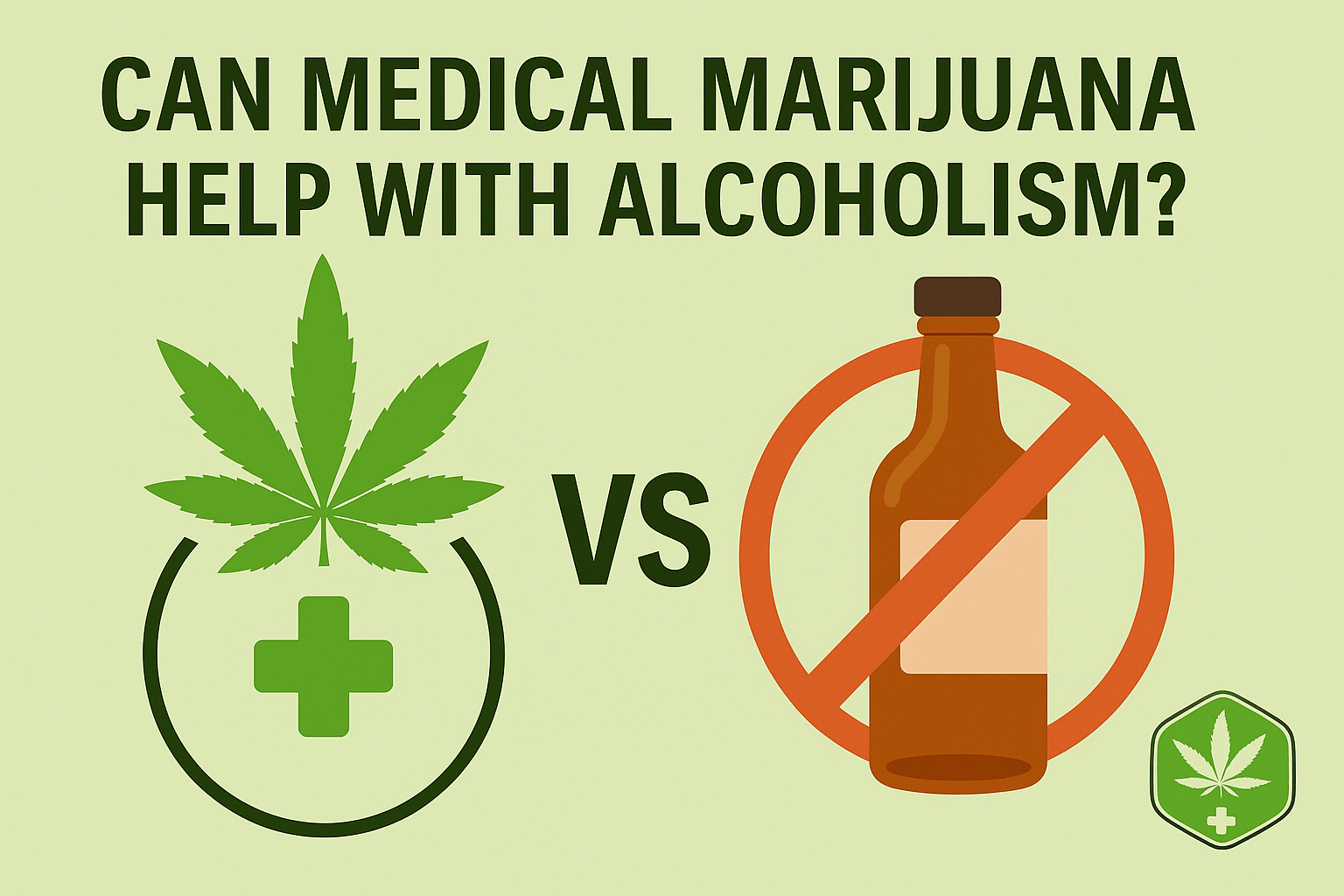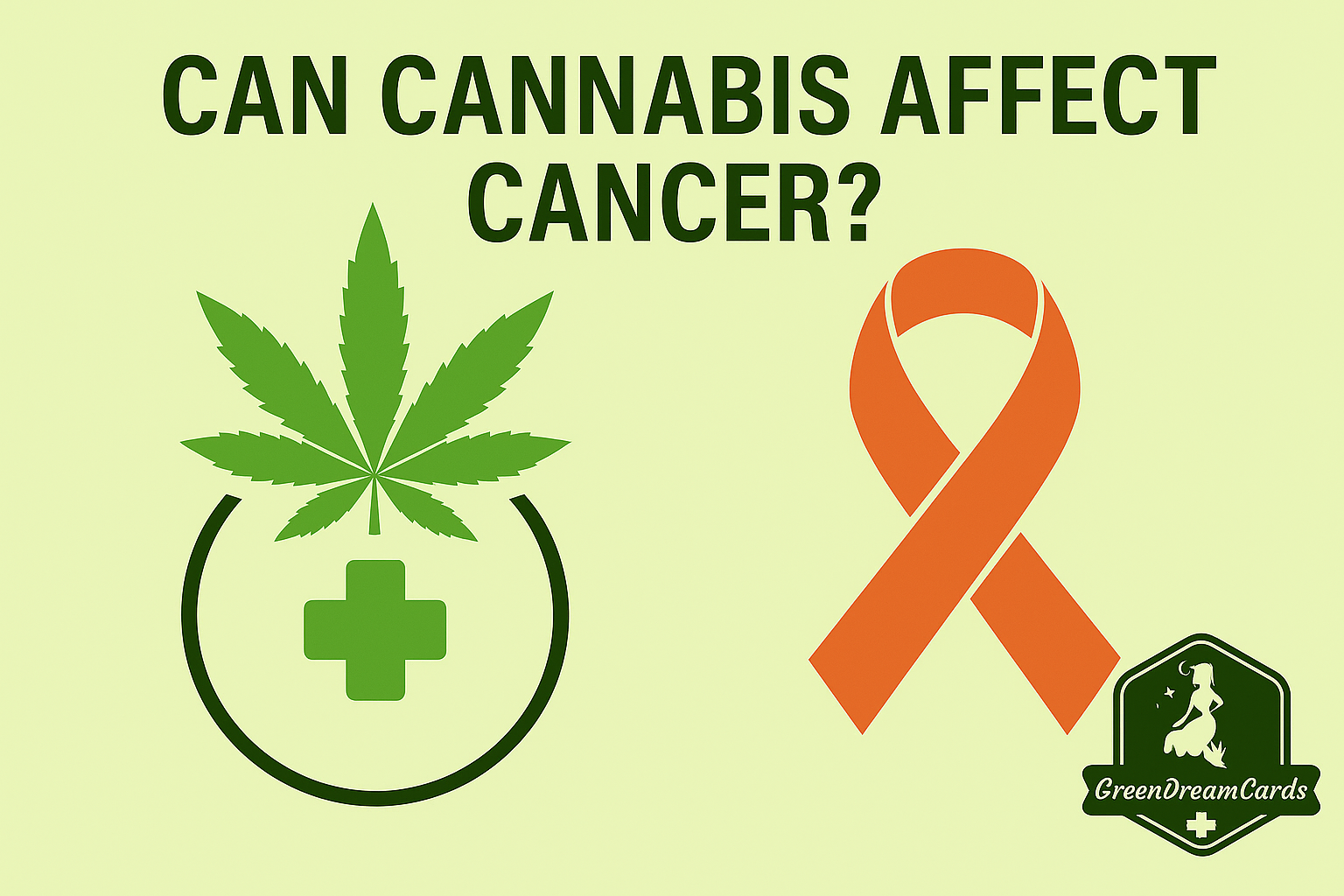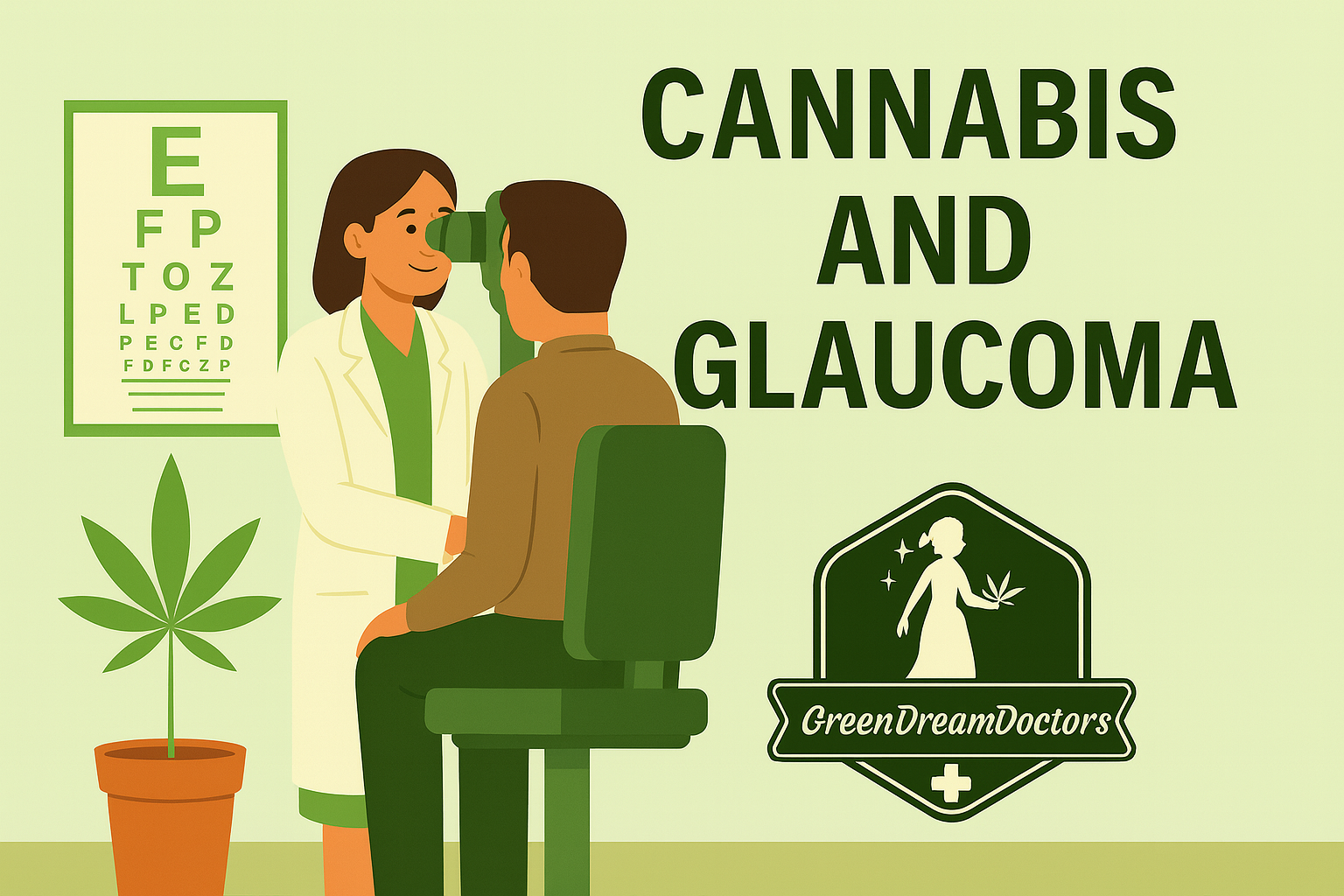Alcohol use disorder (AUD) affects millions of Americans, and despite available treatments, relapse rates remain high. As researchers search for better solutions, one unconventional candidate has emerged: medical marijuana. But can cannabis truly play a role in reducing alcohol dependence or cravings? Here’s what the current research says.
Understanding Alcohol Use Disorder (AUD)
Alcohol use disorder is a chronic relapsing brain disease characterized by:
-
Craving alcohol
-
Loss of control over drinking
-
Negative emotional states when not drinking
Standard treatments include behavioral therapies, medications like naltrexone, and support groups. However, many individuals struggle with side effects from medications or relapse despite best efforts. This has led to a search for alternative or complementary therapies.
Cannabis as a Potential Substitute for Alcohol
One of the earliest findings is the concept of substitution — where individuals replace a more harmful substance (like alcohol) with a less harmful one (like cannabis).
Key Studies:
-
A 2009 study published in the Harm Reduction Journal found that 40% of medical cannabis patients reported substituting cannabis for alcohol. Many cited fewer side effects and perceived better control over their use.
-
A 2014 study in the Journal of Law and Economics observed that in states where medical marijuana is legal, alcohol-related traffic fatalities decreased by 10-13%, suggesting a potential reduction in harmful alcohol consumption at the population level.
How Medical Marijuana Might Help
Cannabinoids like CBD (cannabidiol) have gained interest for their anti-anxiety and neuroprotective properties — factors that may be crucial in alcohol addiction treatment.
Emerging Research Highlights:
-
CBD and Alcohol Cravings: Preclinical animal studies suggest that CBD can reduce alcohol consumption and lessen alcohol-related brain damage.
-
Withdrawal Symptoms: CBD may alleviate symptoms of alcohol withdrawal such as anxiety and insomnia, making it easier for individuals to abstain.
-
Liver Protection: Some studies suggest cannabinoids may reduce liver inflammation and damage caused by excessive alcohol use.
A 2019 review in Frontiers in Psychiatry summarized 26 studies and highlighted the potential of cannabinoids, especially CBD, in treating alcohol addiction and reducing relapse rates. However, most of this evidence is preclinical — meaning more robust human clinical trials are still needed.
Cautions and Limitations
While the findings are promising, caution is warranted:
-
Dual use (simultaneously using cannabis and alcohol) can carry risks, including impaired cognitive and motor functions.
-
Cannabis is not FDA-approved for treating alcohol use disorder.
-
Individual responses vary — what works for one person may not work for another.
Researchers emphasize that medical marijuana should not be seen as a standalone cure, but potentially as an adjunct therapy combined with counseling and behavioral support.
What Patients Should Know
Patients interested in using medical marijuana as part of their alcohol recovery plan should:
-
Consult with a licensed medical marijuana physician.
-
Focus on strains or products high in CBD and low in THC to minimize psychoactive effects.
-
Incorporate cannabis use within a broader treatment plan that includes therapy or support groups.
In Florida, individuals with chronic pain or post-traumatic stress disorder (PTSD) — conditions that often co-occur with alcohol use disorder — may already qualify for medical marijuana certification under state law.
Conclusion
While medical marijuana is not yet a standard treatment for alcohol use disorder, emerging evidence suggests it could play a valuable role in reducing alcohol consumption and supporting recovery. Patients interested in this alternative should consult healthcare professionals experienced in both addiction treatment and medical cannabis.
As research grows, the conversation around cannabis and alcoholism will likely evolve — offering hope for safer, more effective treatments for individuals seeking a path to sobriety.


